Made In Loving Memory
Dr. Kenneth Kendall Chew
October 29, 1933 – September 24, 2022
Maegan (May) Wong Chew
July 16, 1936 – October 14, 2022
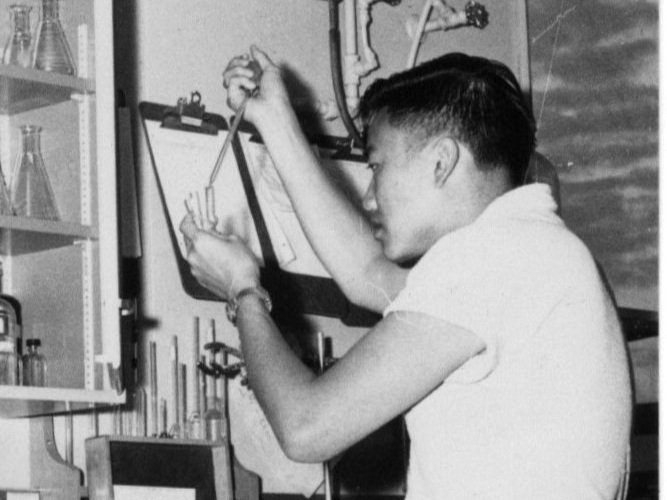
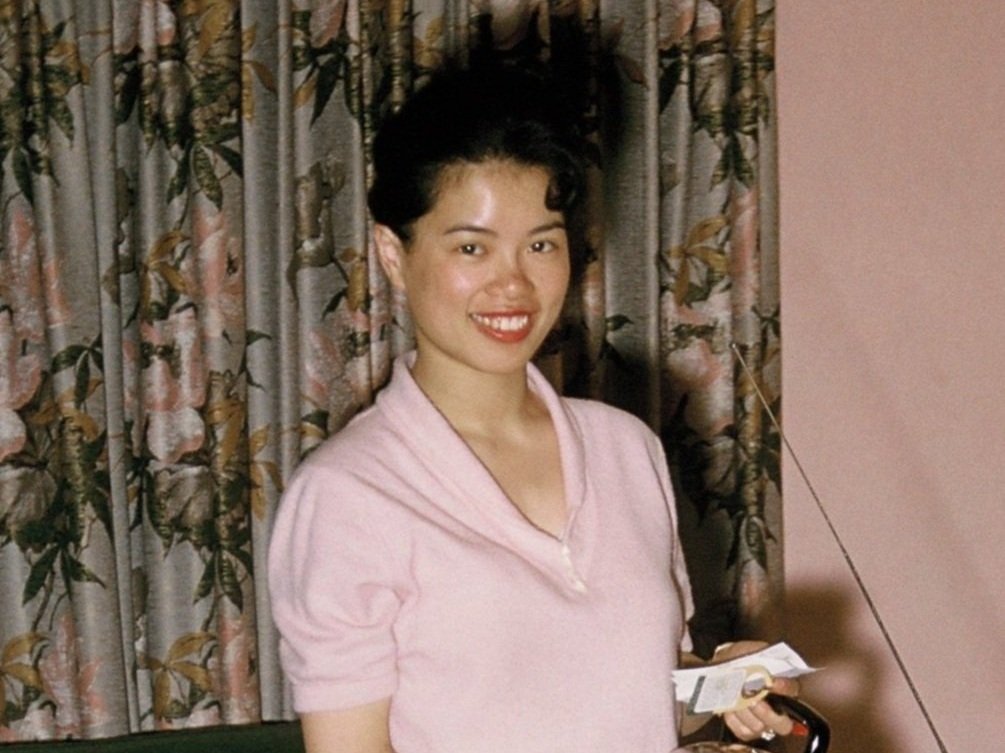
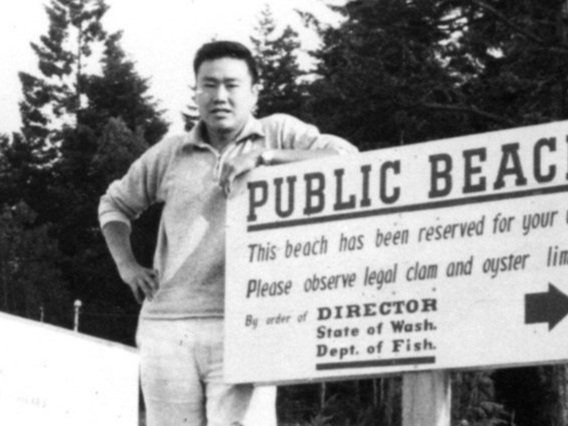


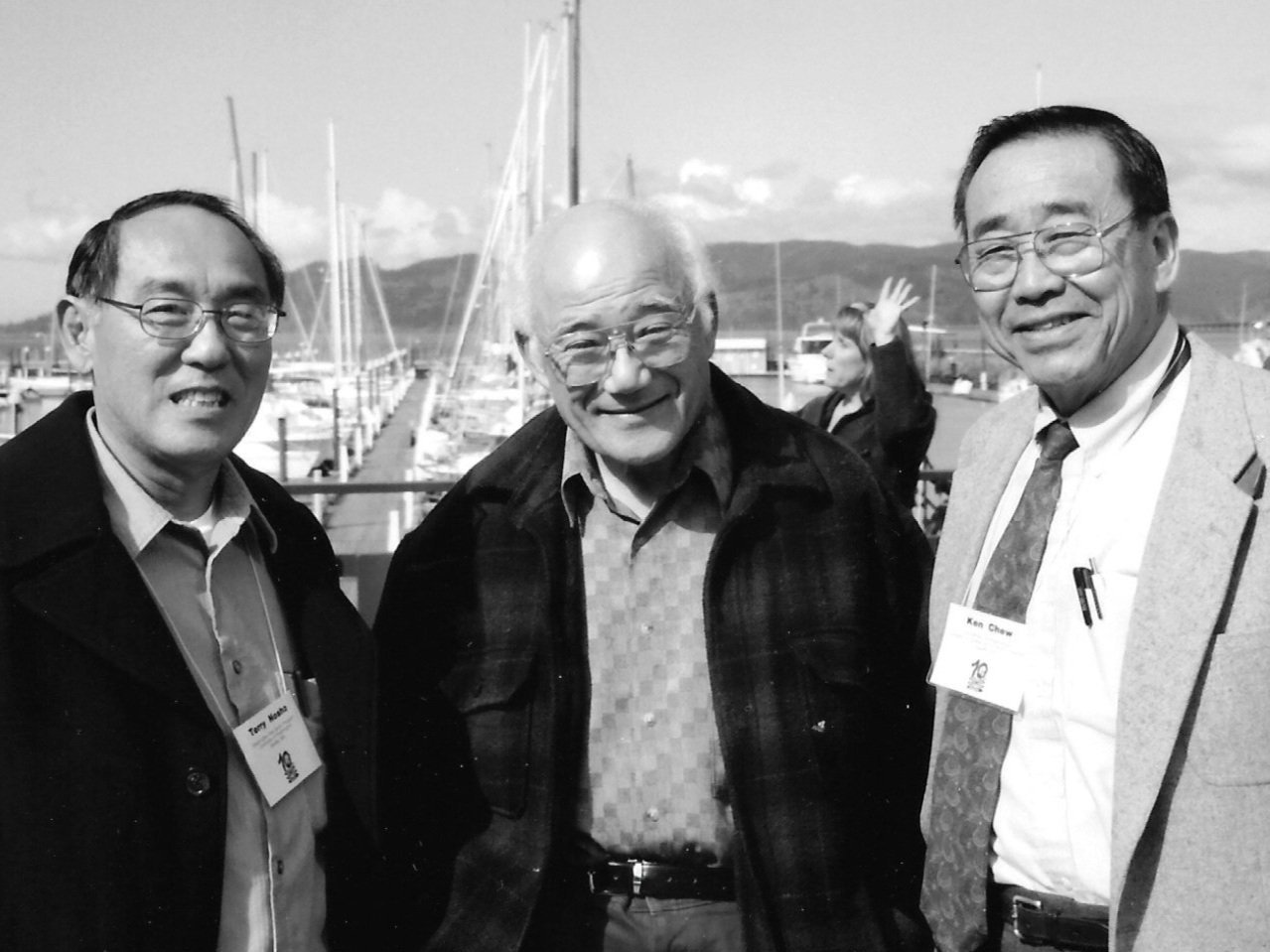

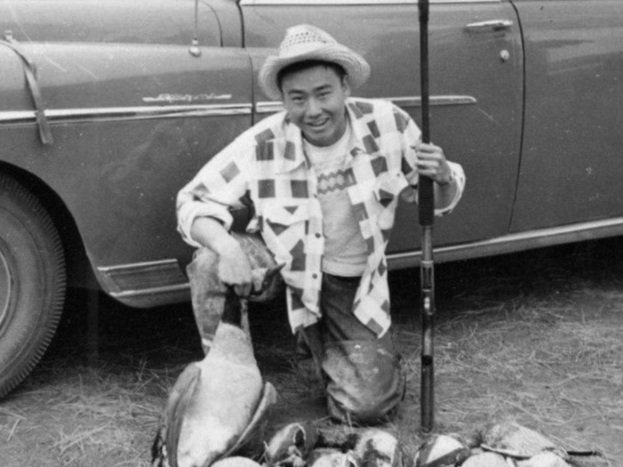


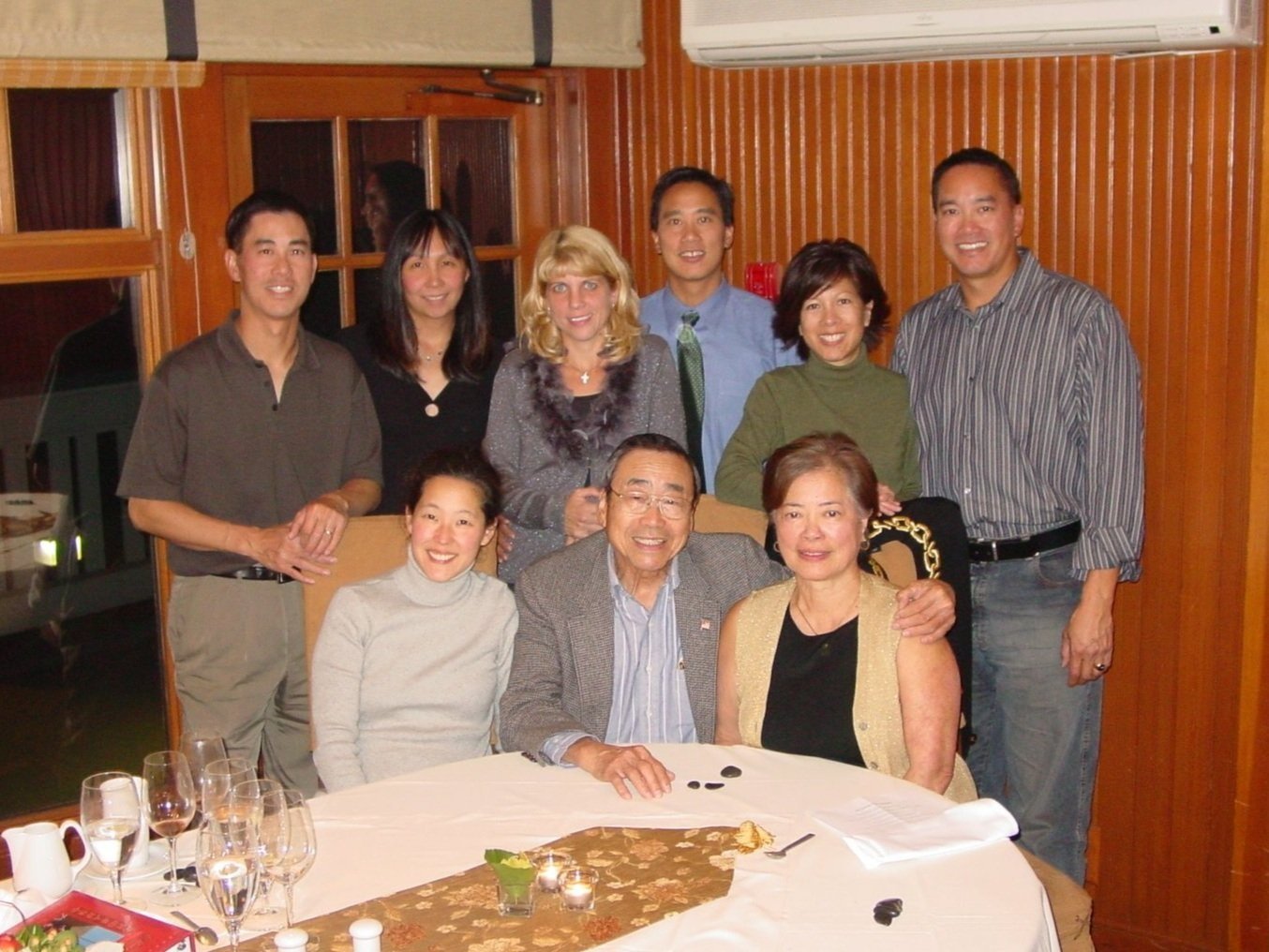
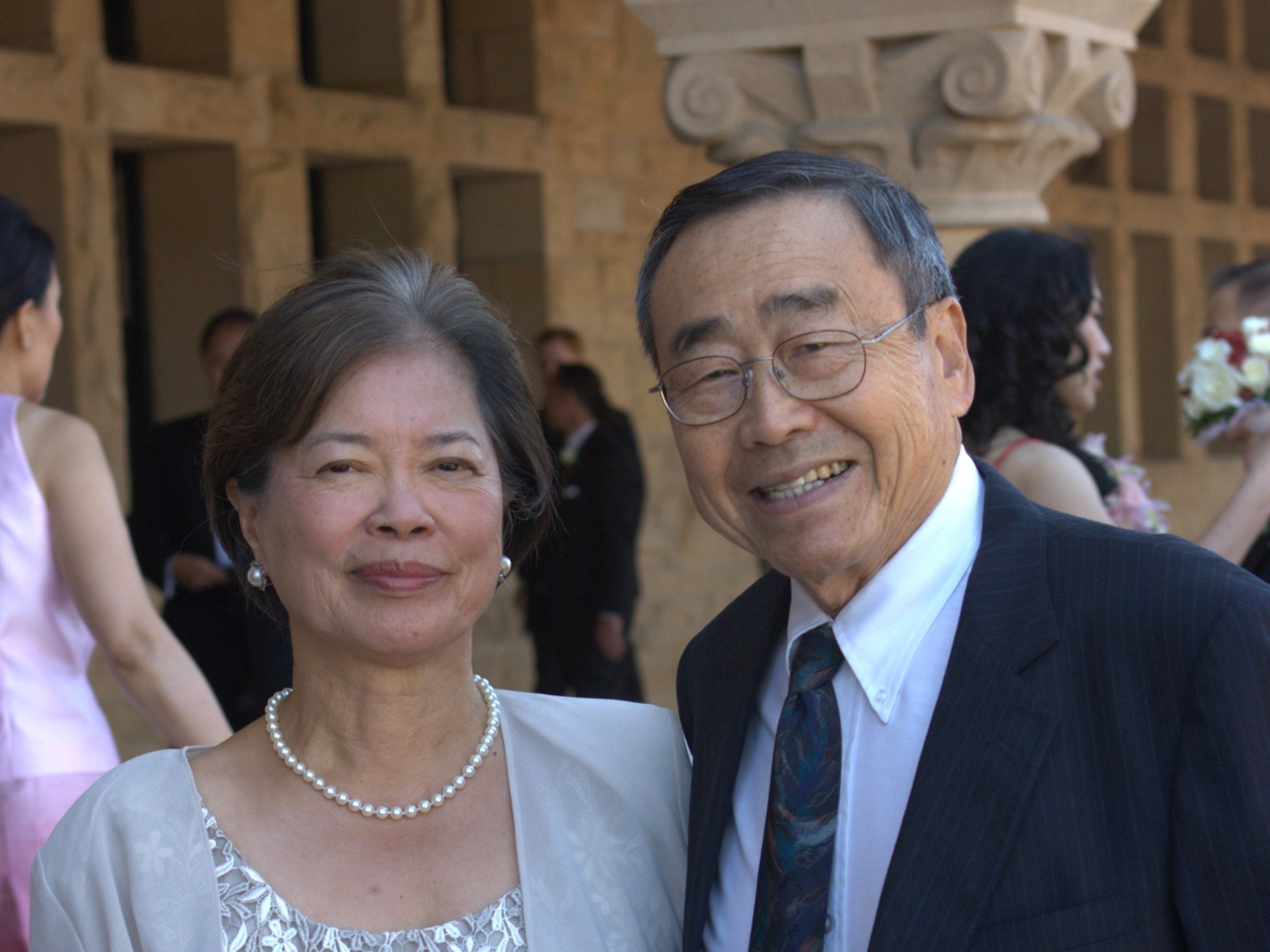
I have fought the good fight, I have finished the race, I have kept the faith. Henceforth there is laid up for me the crown of righteousness, which the Lord, the righteous judge, will award to me on that Day, and not only to me but also to all who have loved his appearing. 2 Timothy 4:7-8
The Kenneth K. Chew Center for Shellfish Research and Restoration is housed at the Manchester Research Station
70’s
Engaged
Blessed
1st Car
University of Washington
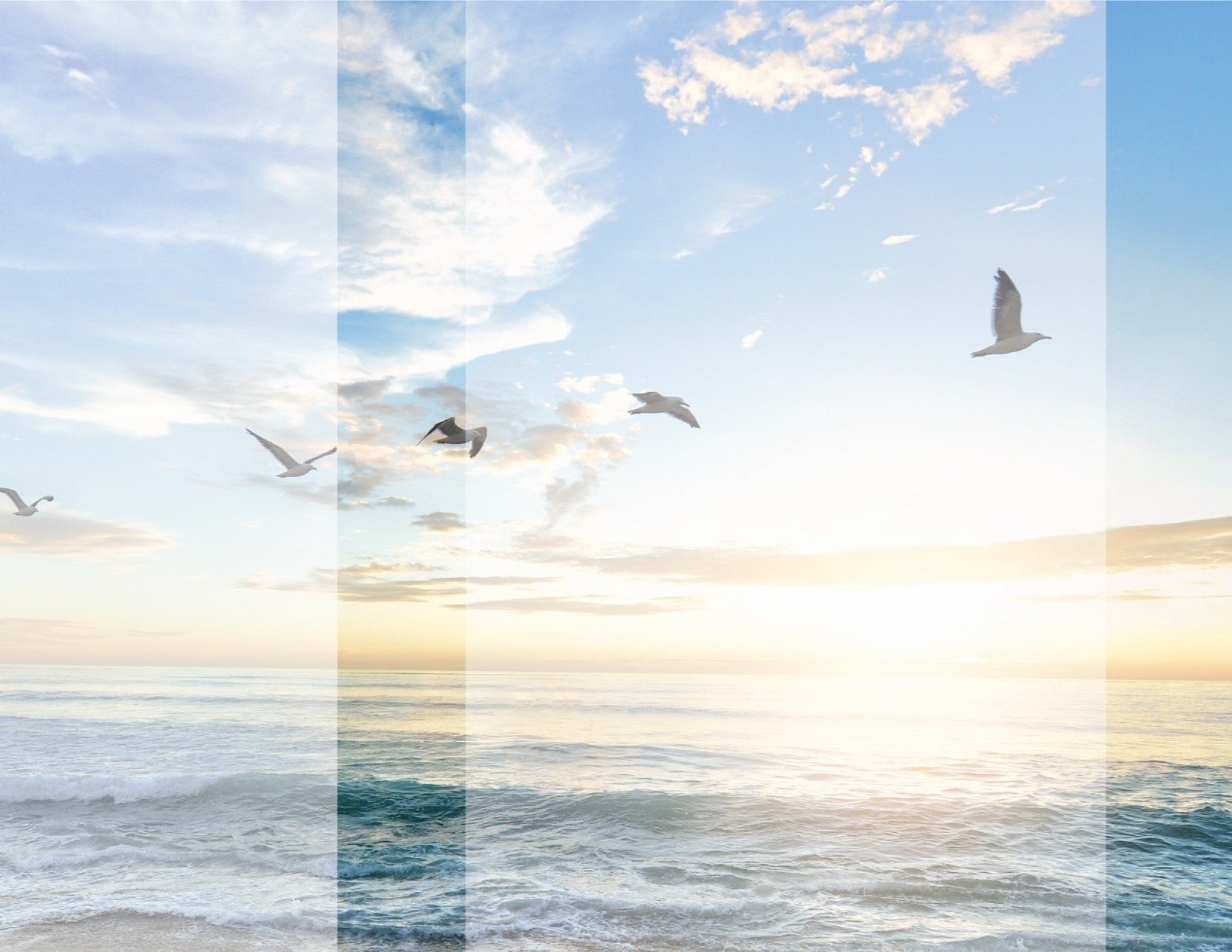
The legacy of Dr. Kenneth Kendall Chew and with his beloved wife Maegan by his side impacted the lives of many.
Dr. Kenneth Kendall Chew
On October 29th, 1933, Kenneth Kendall Chew (6 of 7) was born in Red Bluff, CA. His parents and grandparents immigrated to the United States from the Guangdong Province in China. Ken spent his childhood playing by the Sacramento River and helping in the family restaurant. He developed an early passion for hunting and fishing, buying his first shotgun at the age of 16. Ken loved the outdoors and spent the rest of his life pursuing his passions. Ken graduated from Red Bluff High and earned a Biology degree from Chico State University in 1955. His interest in Salmon and Trout led him to the University of Washington’s Master’s program, however, clams and oysters captivated his interest.
Ken met the love of his life at UW in the winter of 1957, and married May (Maegan) in the spring of 1958. Curtis, Gerald, Matthew, and Marci came along soon thereafter. Ken was awarded his PhD and Associate Professorship in 1962. In 1972, he earned full Professorship and during his tenure he graduated nearly 100 MS and PhD students. Ken was internationally recognized as an authority on shellfish and aquaculture. His research on the Triploid Oyster was instrumental in the advancement of the oyster industry worldwide. In 2014, NOAA recognized his contributions by announcing the Kenneth K. Chew Center for Shellfish Research and Restoration. Professional credits include UW Professor Emeritus, Director of the Western Regional Aquaculture Center, Associate Dean of the UW College of Ocean and Fishery Science, and Commissioner of WA State Dept of Fish & Wildlife.
Ken was legendary for incorporating his passions into his life and introducing them to family and friends. Many enjoyed his Oysters Rockefeller, oyster stuffing, fried oysters, cioppino, clam digging at Taylors, salmon fishing trips, pheasant hunting at Cooke Canyon, and duck hunting at Burbank. As the resident photographer he had his camera ready to capture life’s moments. He was a compassionate teacher and gently shared his wisdom.
Ken’s legacy is his devotion to family and friends, love for the Lord, and service to the church, academia, and community. Words that describe him are committed, faithful, considerate, leader, and sense of humor. 64 years of marriage, his immediate family with 11 grandchildren, his extended family and friendships, 46 years at the UW, decades of service to the church, and countless lives he touched are a testament to the impact he made. He always found ways to connect and make others feel valued and seen. He was committed to prayer and showing his care as he came along-side others to help them have hope and become their best. He and Meagan are honorable and a couple of great faith and character.

Maegan (May) Wong Chew
Meagan was the 5th of 9 children born at the Fong Wong residence in Dunsmuir, CA on July 16, 1936. When Meagan was 5, the family moved to Seattle to own and run the Main Café. In 1954, Meagan graduated from Garfield High School. During that time, she focused on taking care of family, earning good grades, intramural sports, Girls’ Club activities. She was elected to the Radiance Roll (an inspirational leadership honorary). She received a scholarship to attend Central Washington University in Ellensburg, WA. After a year, she transferred to the University of Washington to pursue a teaching degree.
Meagan met the love of her life in her junior year. Ken and Meagan were married March 30, 1958. That same Spring, Meagan received a BA in Education. Her first teaching position was at J.B. Allen third grade class. Altogether, Meagan devoted twenty-five years to the Seattle Public Schools - three years in elementary, two years in middle school and twenty years at Ballard High.
The World’s Fair opened in 1962 and it was that year that Curtis was born. Gerald was added to the family the following year. Matthew was born in 1967. Marci joined the family a few years later. Meagan served in many roles including PTA President, Chinese Baptist Church Deaconess, Bible Study Fellowship Children’s Leader, and Discussion Leader to name a few, while also loving and raising her children and keeping their home humming.
In 1979 at the age of 56 and looking to elevate her teaching, Meagan went back to school to earn a Master’s in Education from SPU. With Ken’s worldwide involvement in Aquaculture, she would accompany him on his travels around the world. Most memorable was Meagan organizing and running of Cousins Camp for seven years which is a fond memory for many of the cousins and family members, as well as publishing the Wong Roots Bio.
Maegan exuded a love for life and radiated a joy in the Lord to everyone she encountered starting with her family, extending to her church, classrooms, neighbors, and communities. Forever a teacher, she was known to reflect on her Bible knowledge, speak truth in love, and rarely minced words. She was fun to be around, a good conversationalist and lots of laughs. She was an early adopter in the benefits of a healthy habits, especially a healthy diet. For many people she became known as a second mother. Maegan deeply imprinted her legacy in the lives of her children, grandchildren, extended family, and all who were blessed to have known her. We collectively share a sentiment that we are better for having known her.

Psalm 23
The Lord is my shepherd; I shall not want. He makes me to lie down in green pastures; He leads me beside the still waters. He restores my soul; He leads me in the paths of righteousness For His name’s sake. Yea, though I walk through the valley of the shadow of death, I will fear no evil;
For You are with me; Your rod and Your staff, they comfort me. You prepare a table before me in the presence of my enemies; You anoint my head with oil; My cup runs over.
Surely goodness and mercy shall follow me All the days of my life; And I will dwell in the house of the Lord Forever.
1 Thessalonians 5:16-18
Rejoice always, 17 pray without ceasing, 18 in everything give thanks; for this is the will of God in Christ Jesus for you.

“ Reflections on Our 40th
The Lord is gracious with abounding love, flowing ever with His unending love. As each succeeding day moves into night, God has shown us consummate might. Through days of sunshine and drizzly rain, there were times of laughter and pain. Life’s adventures have been revealing of God’s blessings and concealing’s.
Through our children’s infancy… adolescent rages. Discipline, virtues have awakened. oft courageous.
The molding of characters, growing deep roots; Hence, sprouting forth wings as if we had put. So blessed are we with the mates of sons’ choosing having daughters-in-laws Christ clearly embracing.
Now our marriage has withstood the years… Four decades of sharing joys, hopes, and fears. Practicing patience and kindness maturing to greater love and forgiveness.
How joyous it is to see friends and family to join together in celebration and glee.
On this Fortieth Anniversary most jubilant, we respond with thankful hearts… content.”
— Kenneth & Maegan Chew
March 30, 1998

With Heartfelt Gratitude
The Chew Family would like to express our
sincere thanks for your love, care, and support.
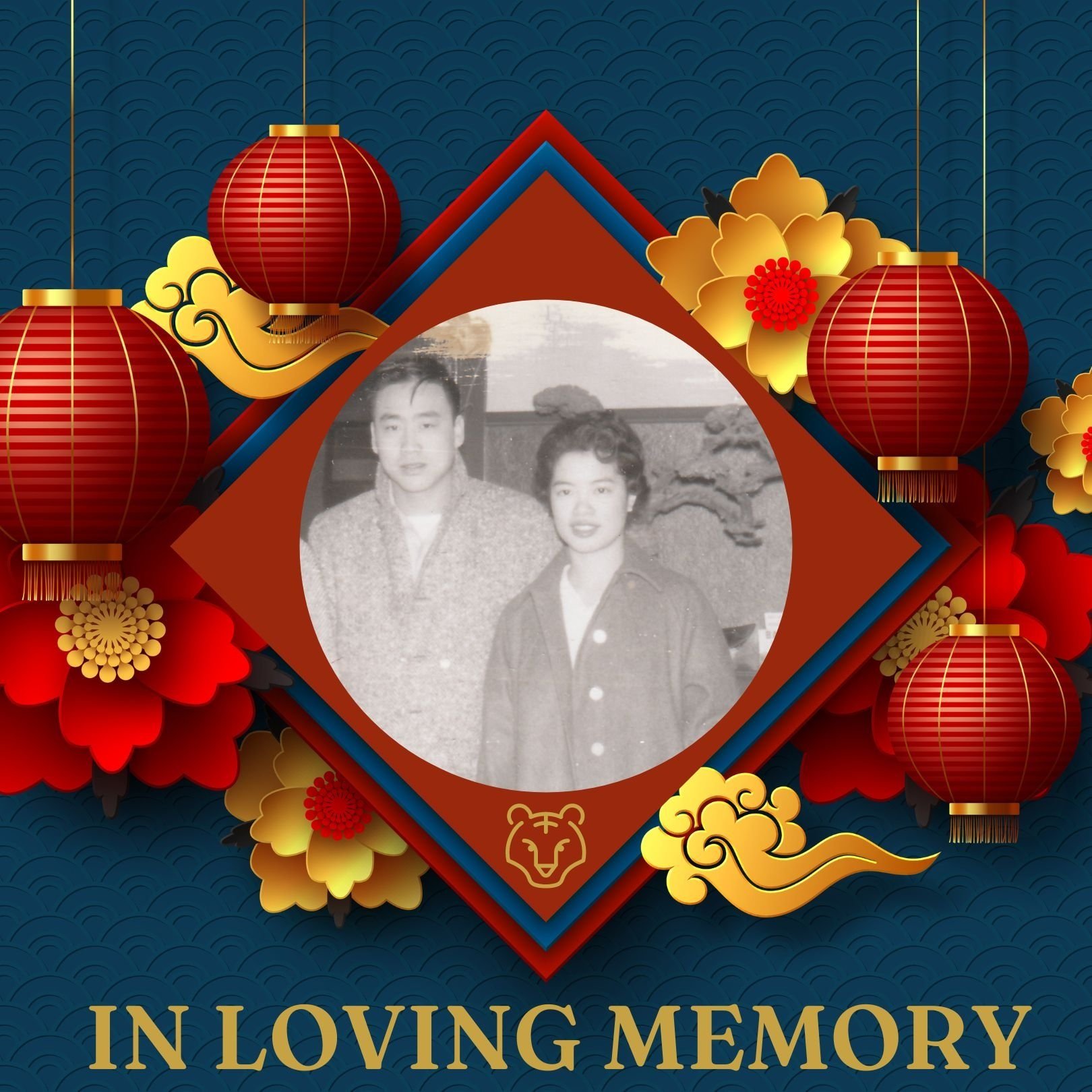
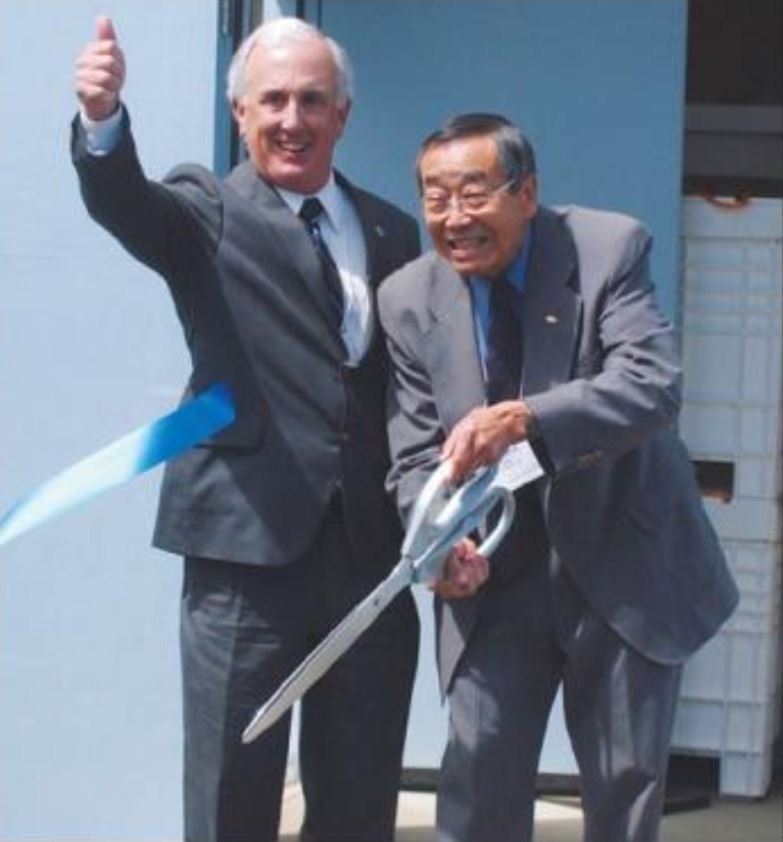
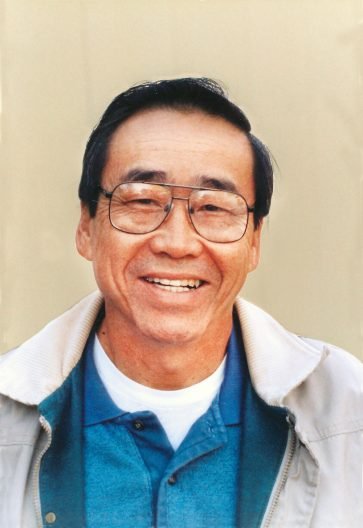
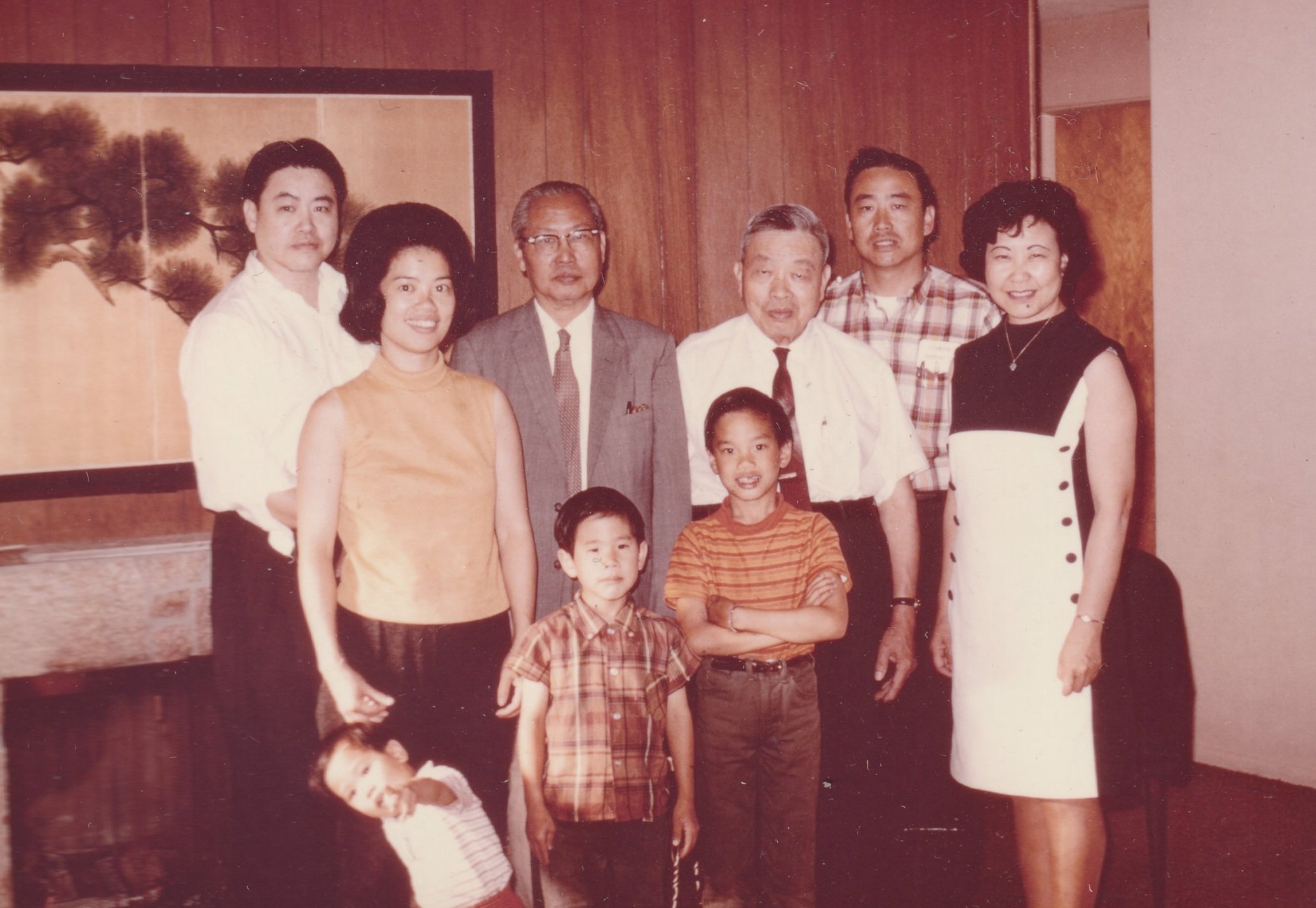
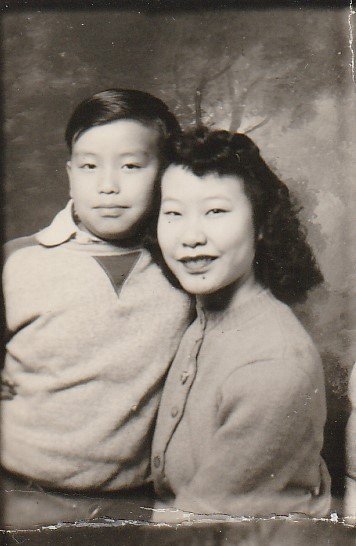
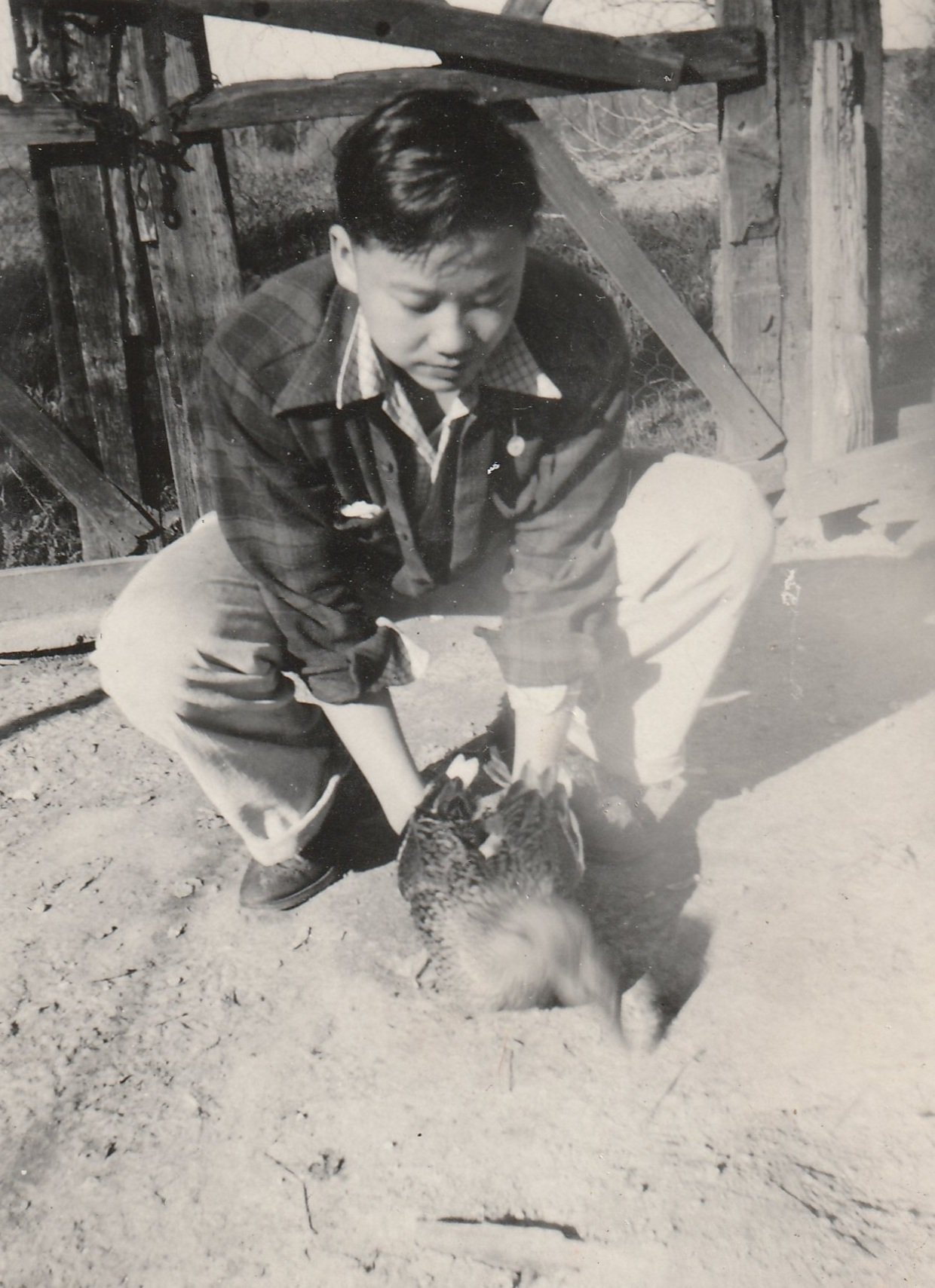
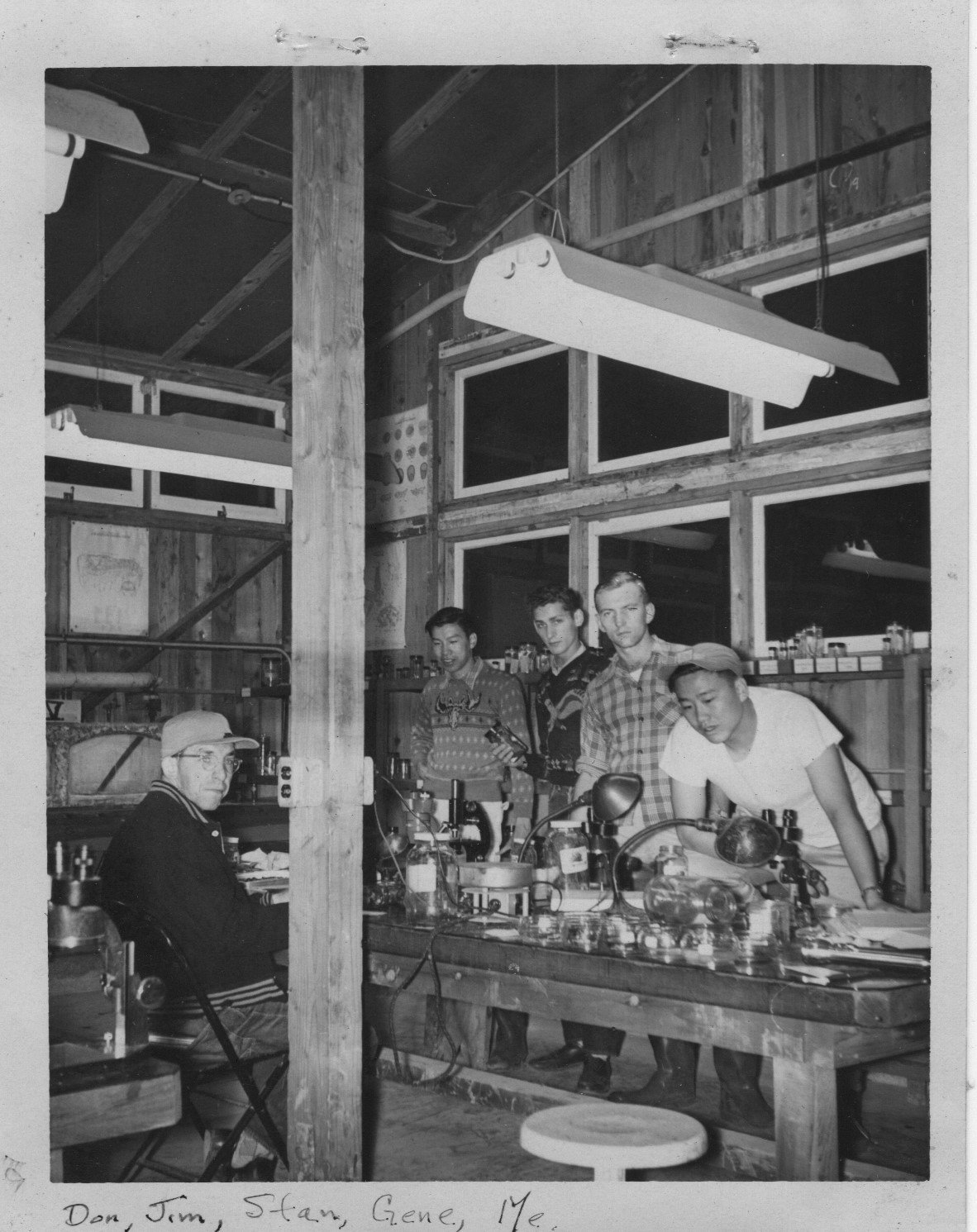
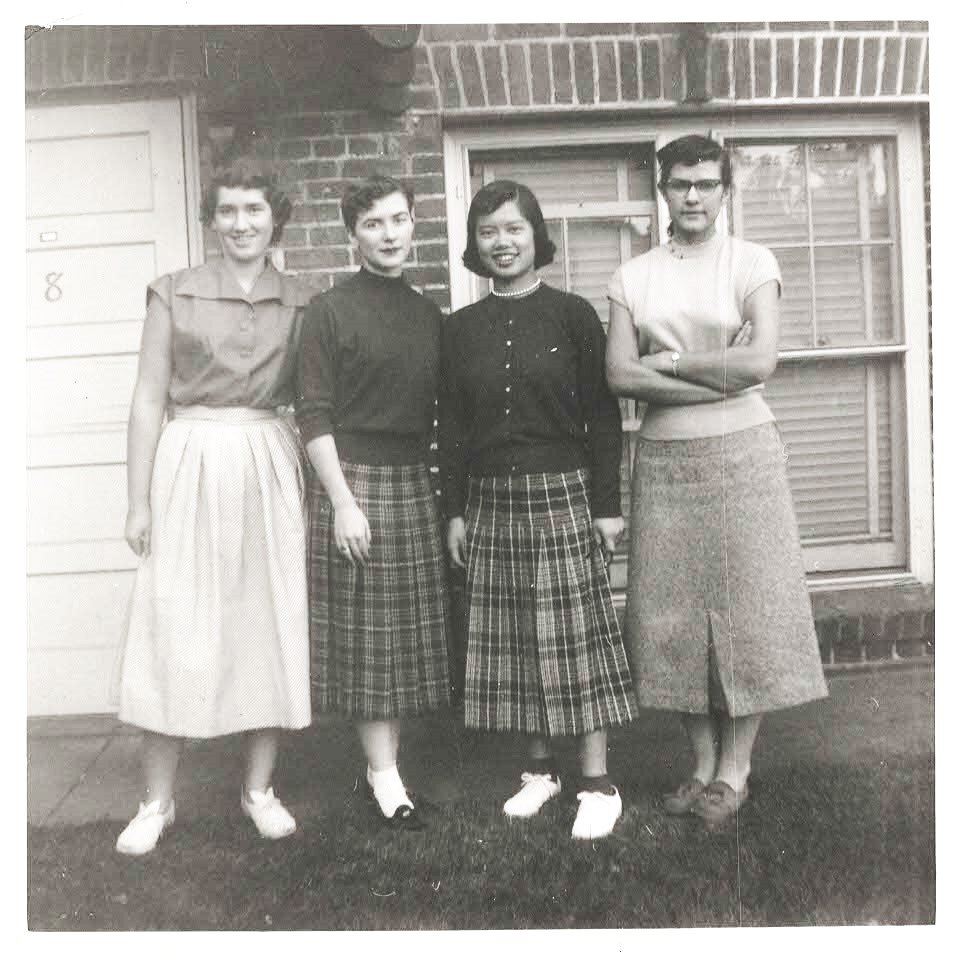

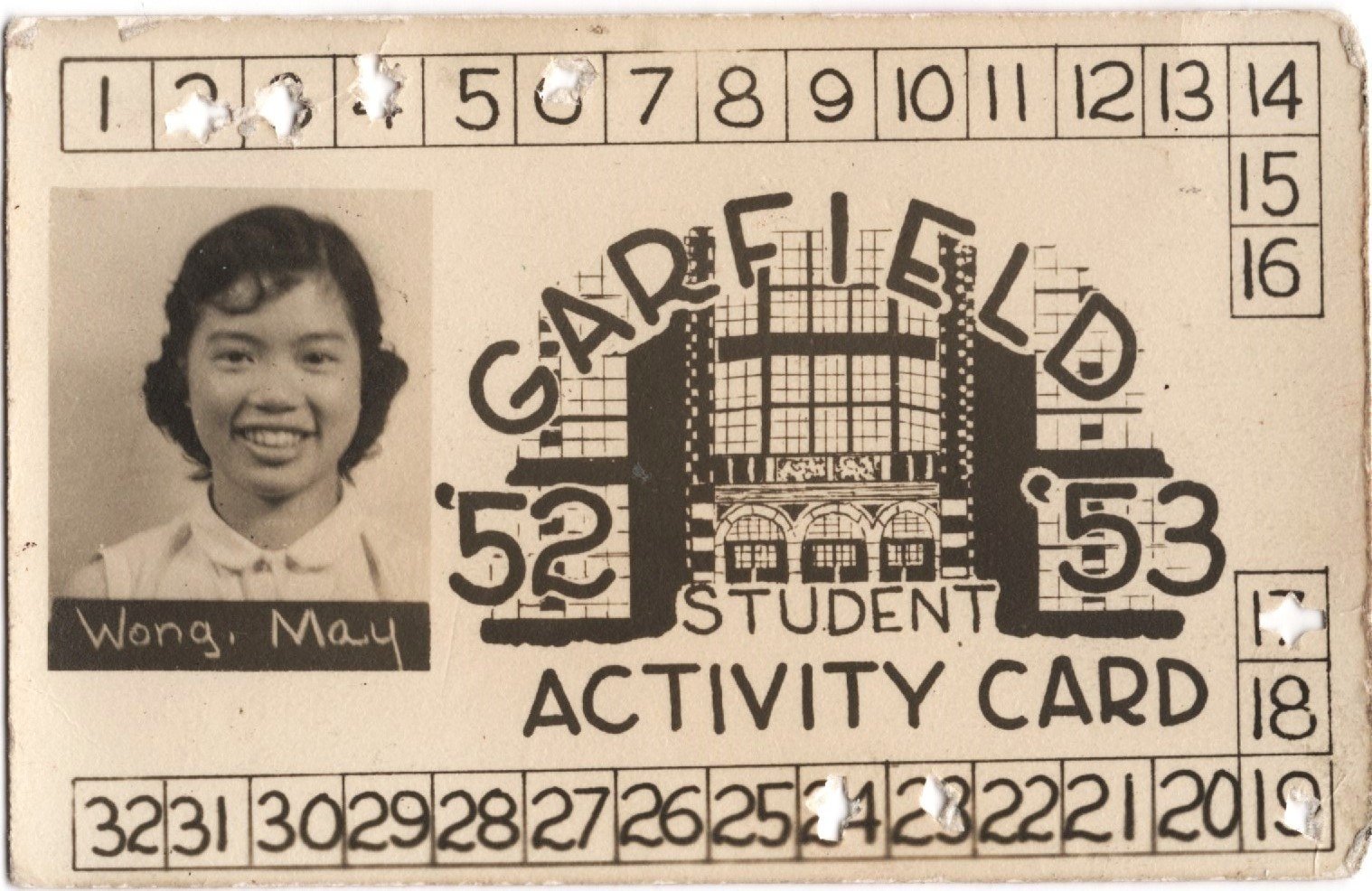
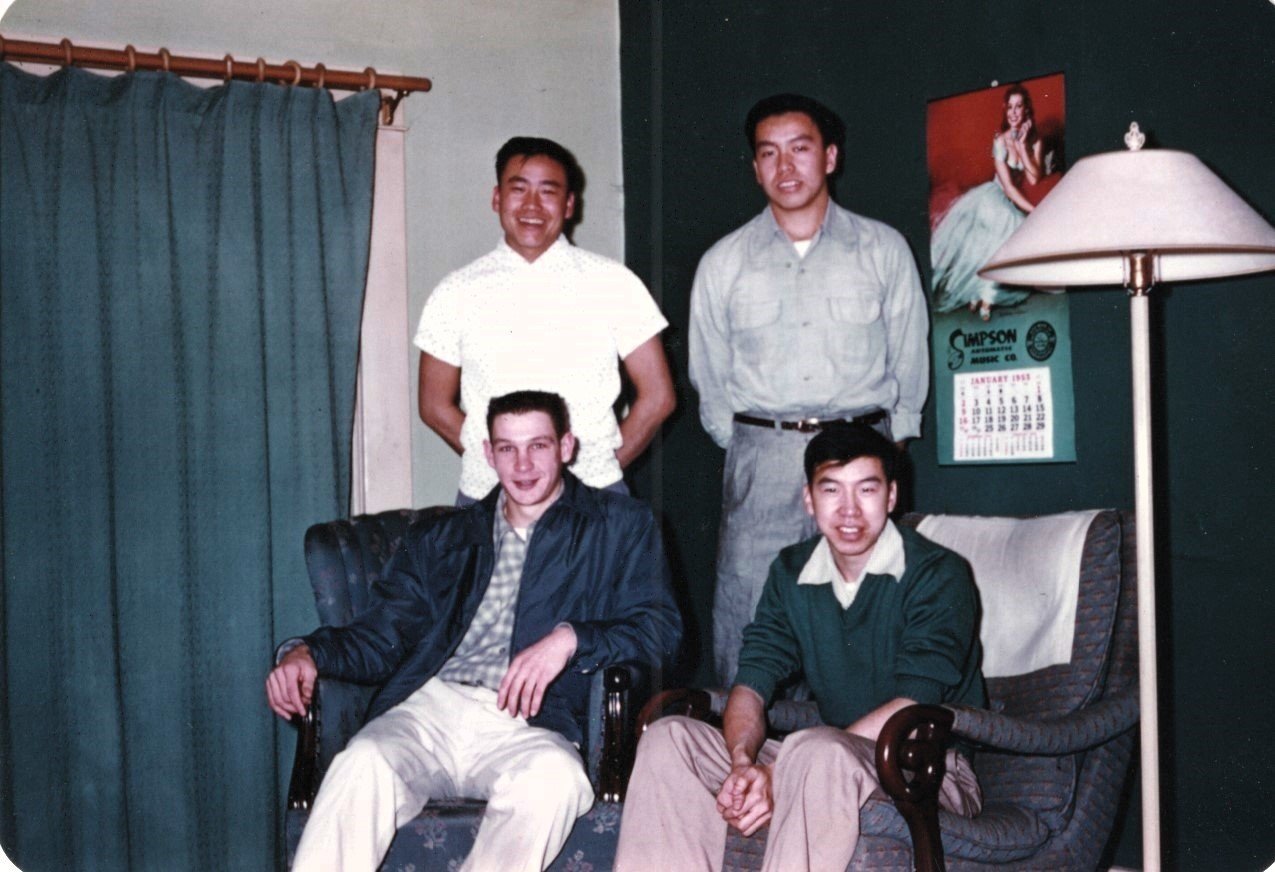
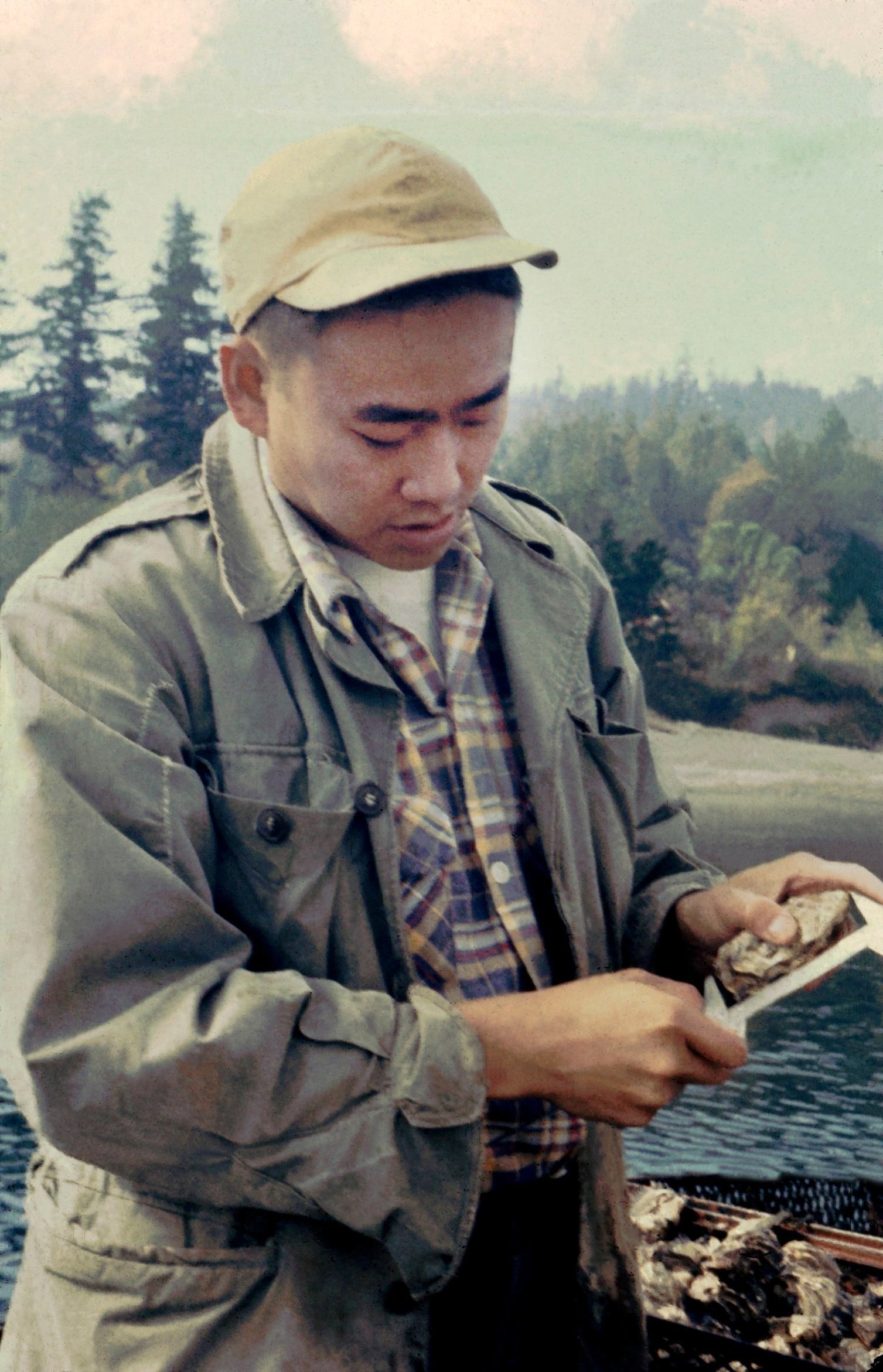
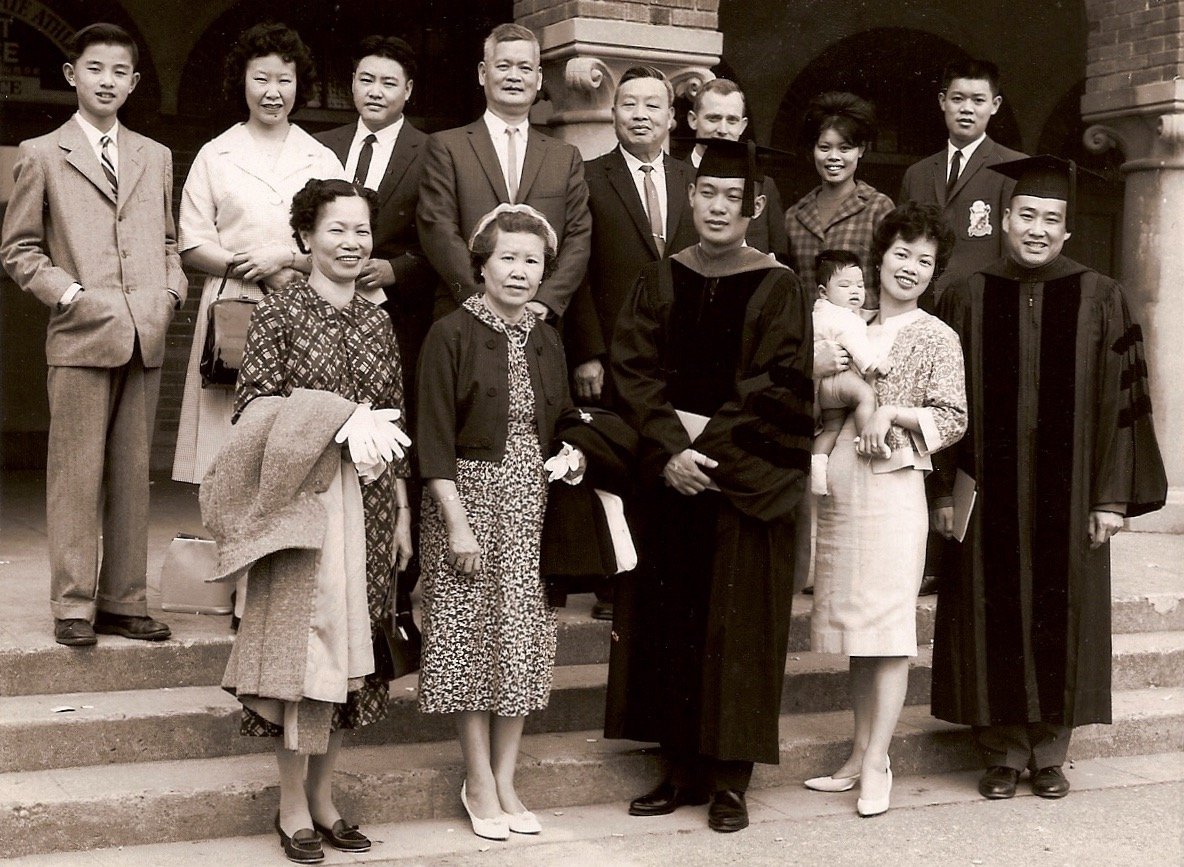
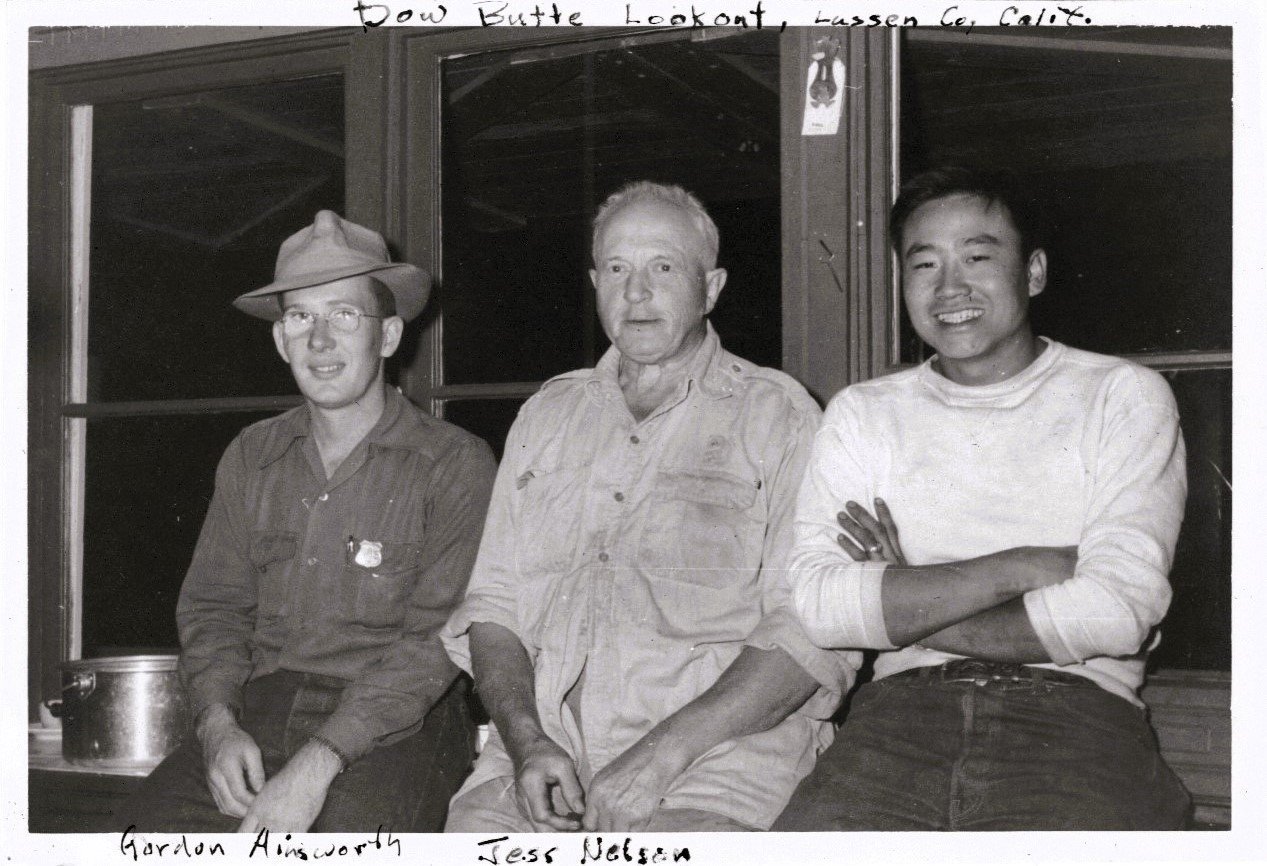
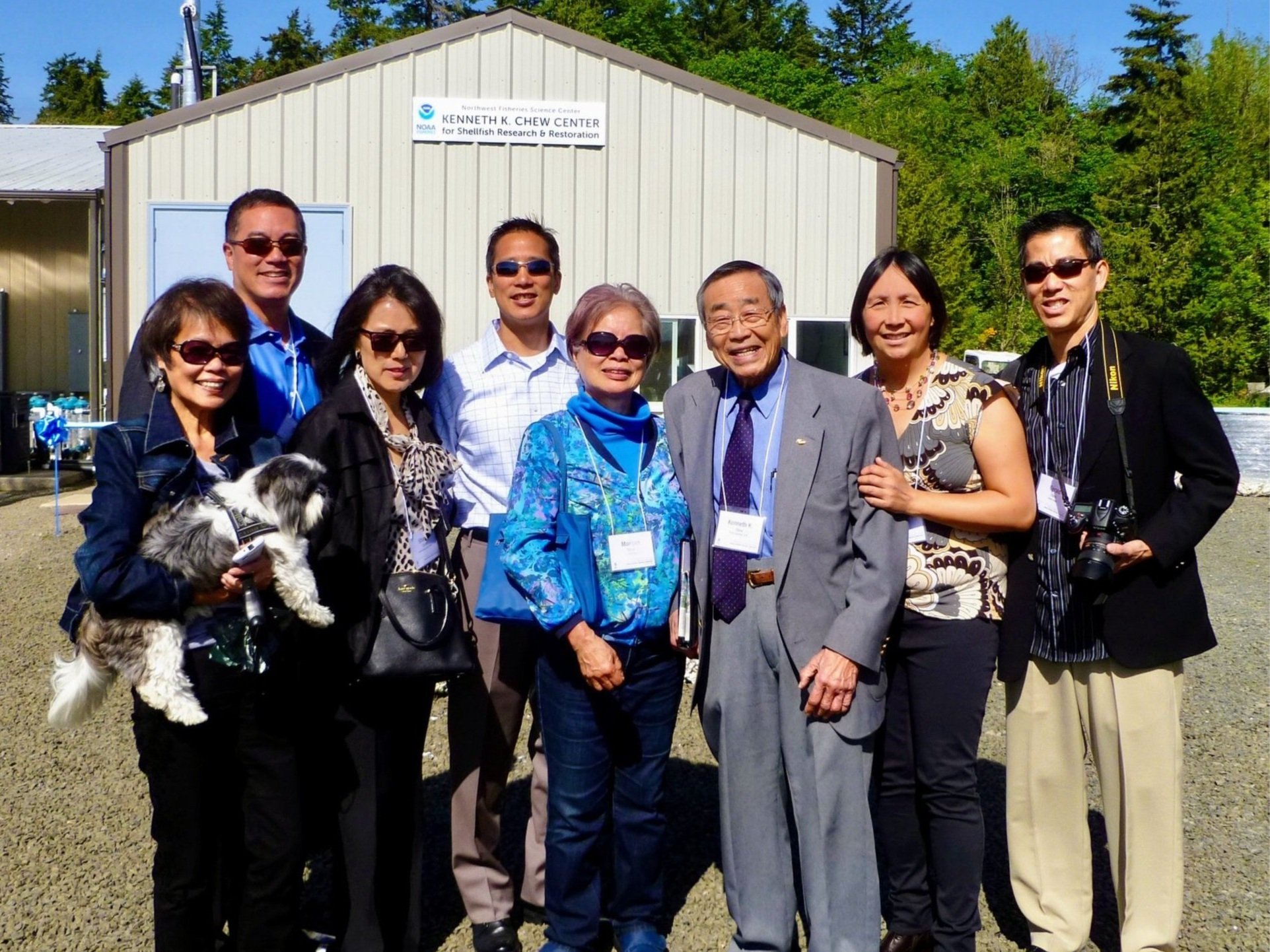
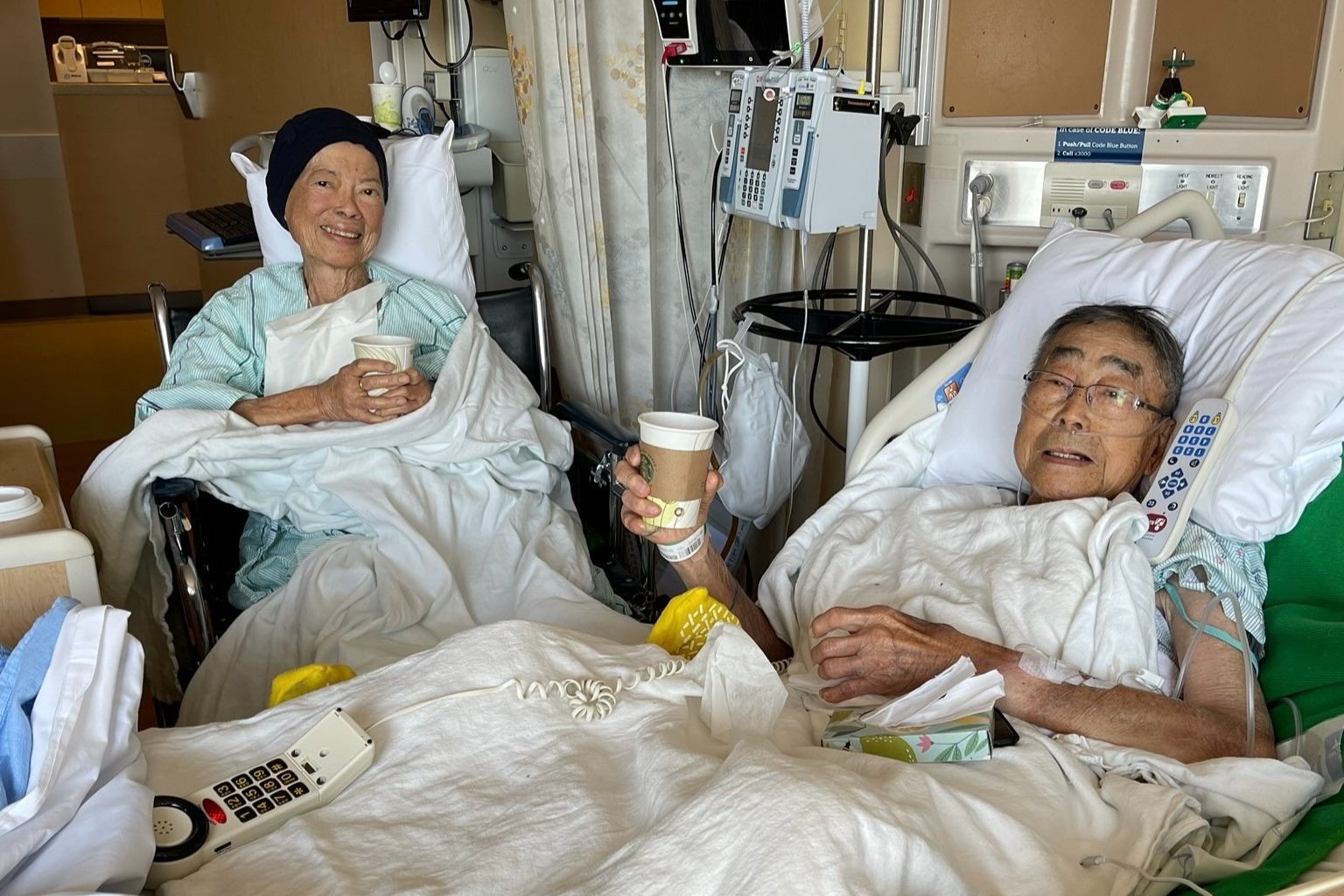
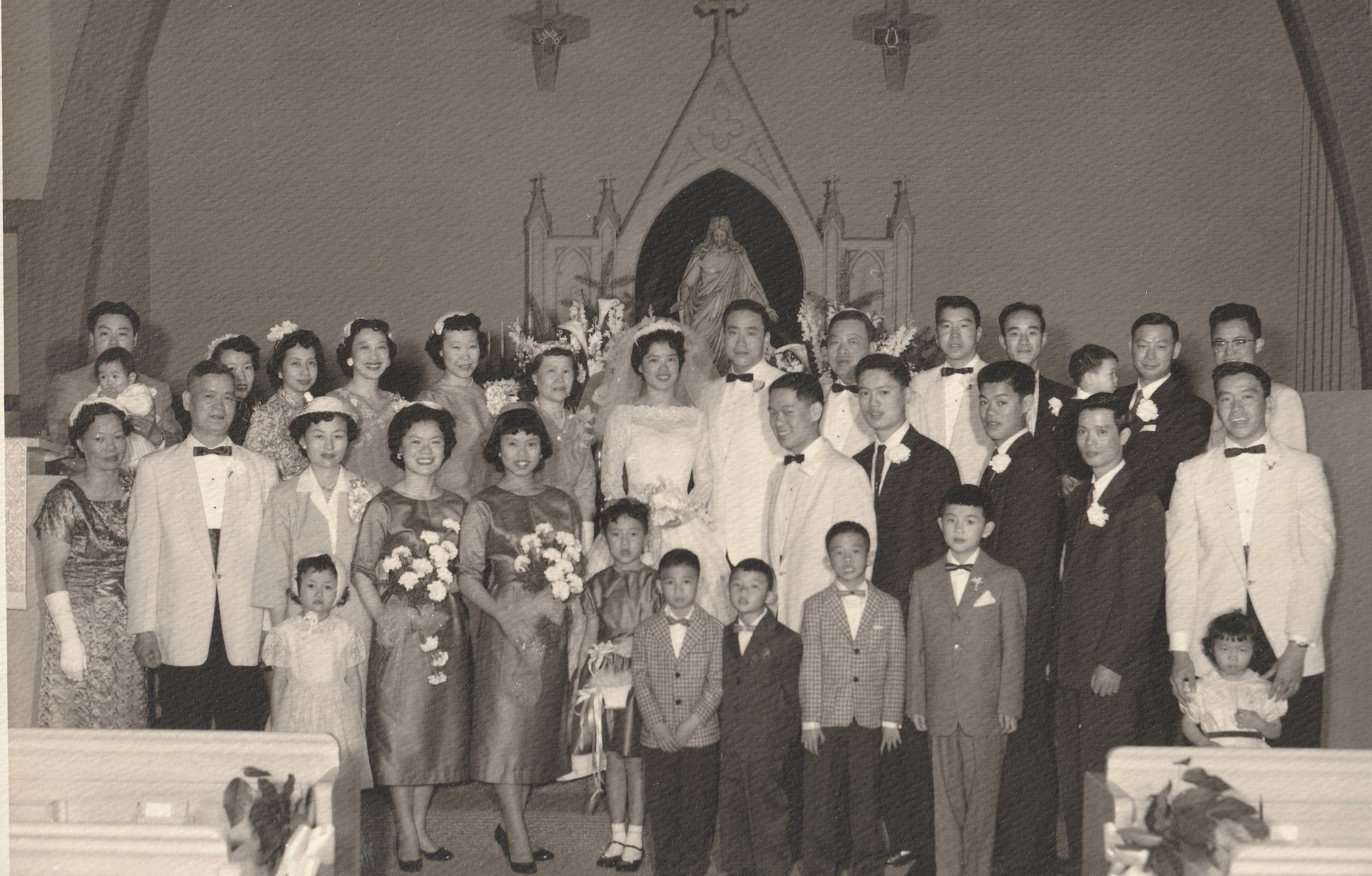
Made In Loving Memory


















